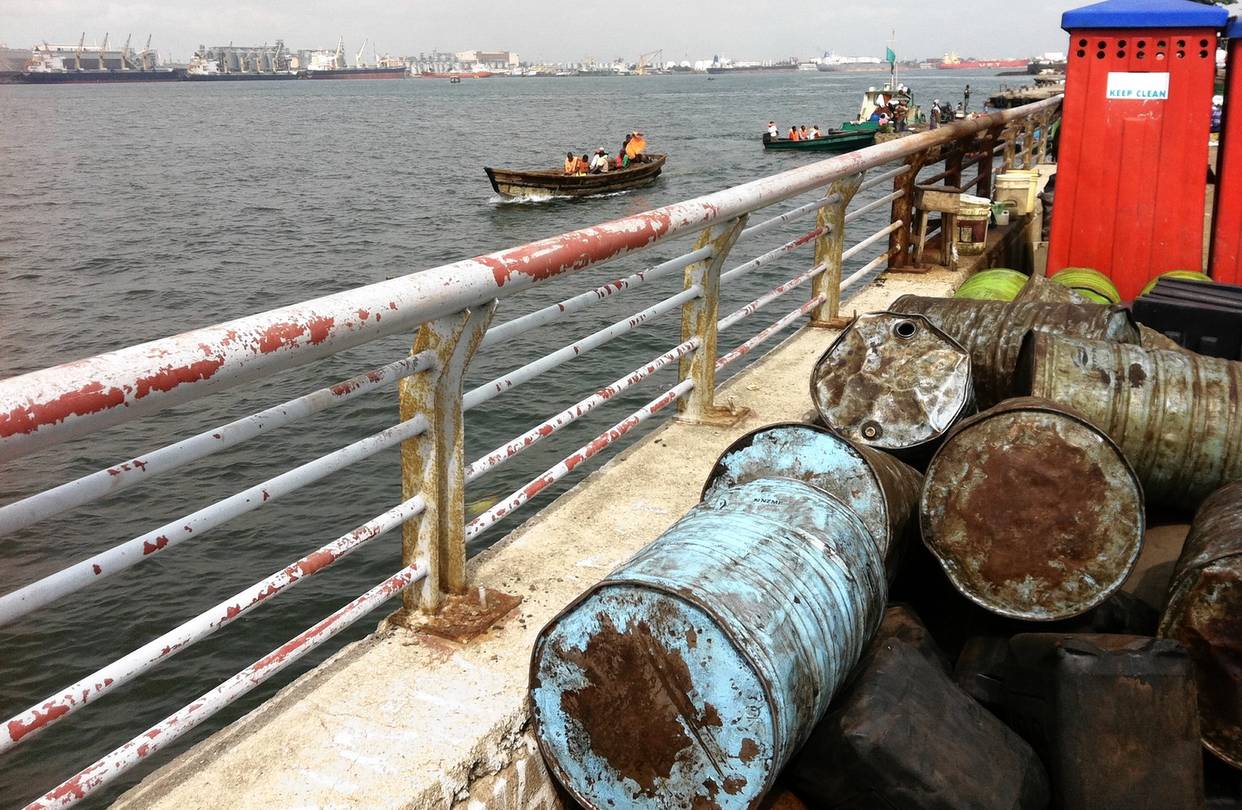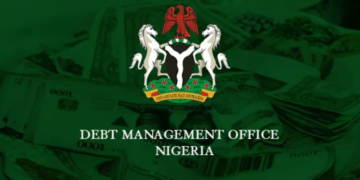Nigeria, a prominent oil-producing nation, grapples with an ongoing challenge that threatens its economy, security, and environmental stability – the rampant theft of crude oil.
This illicit practice has far-reaching implications, demanding swift government intervention to restore order and safeguard national interests.
The federal government must take immediate, decisive steps to investigate and apprehend those complicit in oil theft. Nigeria’s economic growth, resource preservation, and citizen welfare hinge on the successful eradication of this threat.
The nefarious act of crude oil theft encompasses sabotage and vandalism of vital oil infrastructure, notably pipelines and wells. These criminal activities lead to production disruptions, resulting in frequent shutdowns, decreased output, and diminished export volumes. This downturn directly impacts revenue generation, amplifying the economic toll of oil theft.
The crisis has escalated to alarming proportions, posing significant adverse consequences. Crude oil constitutes the lifeblood of Nigeria’s economy, contributing substantially to government revenue. The theft of this precious resource not only translates to direct revenue loss but also undermines tax and royalty collections due to its sale on the black market.
In this context, the government’s ability to fund essential services, invest in infrastructure, and spur economic progress faces debilitating constraints.
This revenue hemorrhage deprives the government of essential funds that could otherwise uplift critical sectors like healthcare, education, and infrastructure. Moreover, it perpetuates poverty, worsens socio-economic inequalities, and stymies national development aspirations.
Remarkably, the Nigeria Extractive Industries Transparency Initiative (NEITI) revealed a staggering loss of 619.7 million barrels of crude oil, amounting to N16.25 trillion ($46.16 billion), between 2009 and 2020 – an unsettling trend over a decade.
Notably, the former National Security Adviser, Major General Babagana Monguno, warned that if crude oil theft persists, the Federal Government might suffer a $23 billion loss in 2023 alone. Such dire projections underscore the urgency for change.
Oil theft’s persistence in Nigeria is abetted by the collusion of political leaders, traditional rulers, and security forces in the Niger Delta region. While efforts like engaging private security firms have yielded some success, a more proactive approach from the Nigerian military is vital.
The issue of fuel subsidy removal also resurfaces in this context. President Bola Tinubu’s justification for ending fuel subsidy centers on preventing the diversion of funds into select individuals’ pockets. This reform aims to eliminate a significant drain on the nation’s finances, which could otherwise catalyze transformative initiatives for all Nigerians.
However, the stark reality reveals a diversion of these funds into the hands of a privileged few, rather than uplifting the populace.
In the considered opinion of this Newspaper, to achieve genuine economic and political renewal, a critical step lies ahead.
We insist President Tinubu must investigate and probe those who exploited the fuel subsidy system. Holding those responsible for the subsidy fraud accountable is paramount.
Accountability is the linchpin of credible governance. By exposing past wrongdoings and pursuing justice, President Tinubu’s administration can set a powerful precedent that corruption and inequality will no longer be tolerated.This juncture in Nigeria’s trajectory holds immense significance. Terminating the fuel subsidy and probing its misuse underscore a commitment to citizens’ well-being and democratic principles.
As Nigeria marches forward, the transformation it seeks pivots on confronting entrenched power and championing justice, equality, and progress.
Vital strategies such as investing in advanced surveillance, boosting patrols, and enhancing security personnel training will deter oil theft. Tackling this menace is pivotal for Nigeria’s economic stability and growth.
Conquering this challenge unlocks increased revenue, fosters investment, safeguards the environment, and fosters holistic socio-economic progress – paving the way for a brighter, sustainable future for Nigeria and its people.





